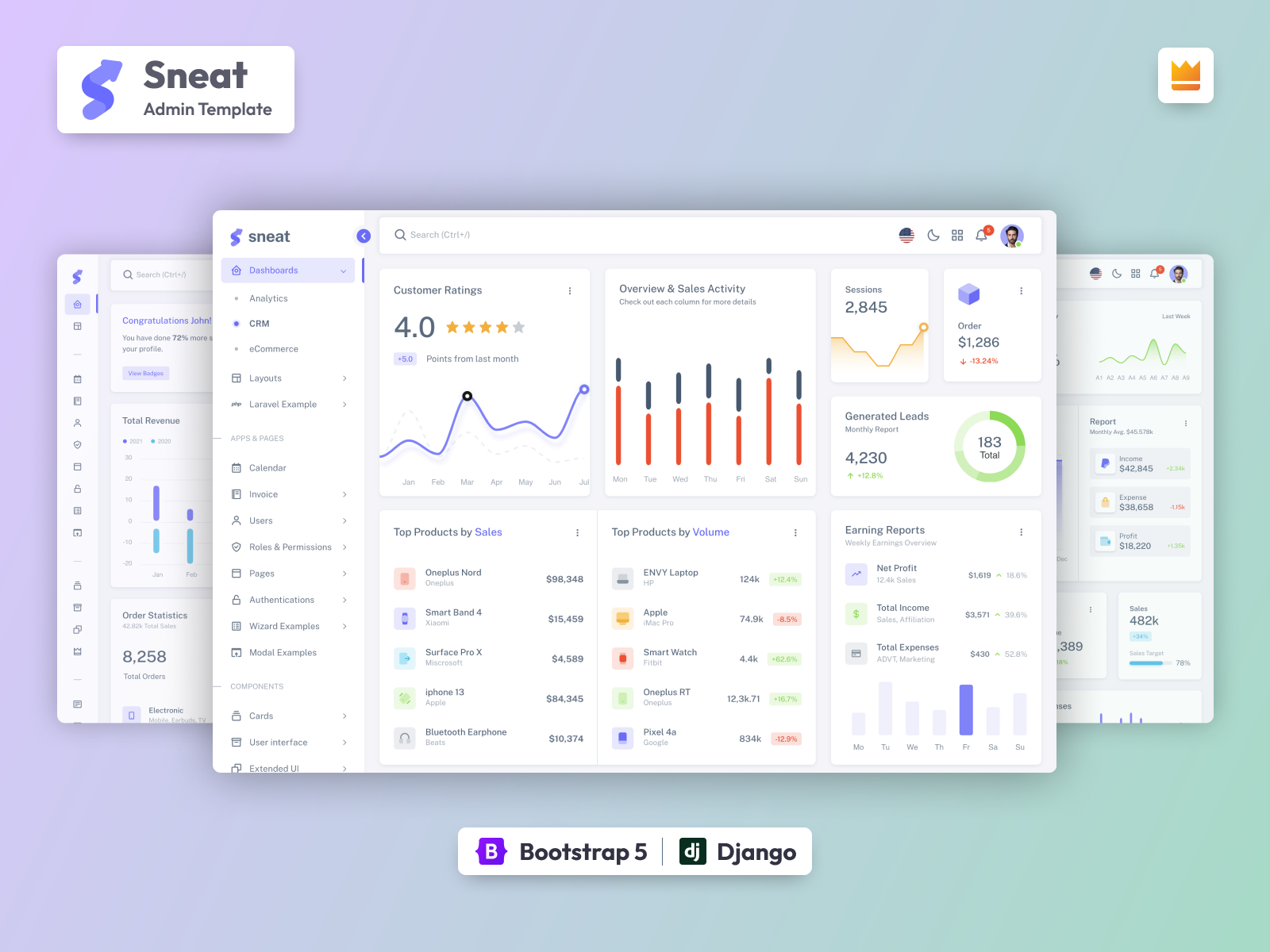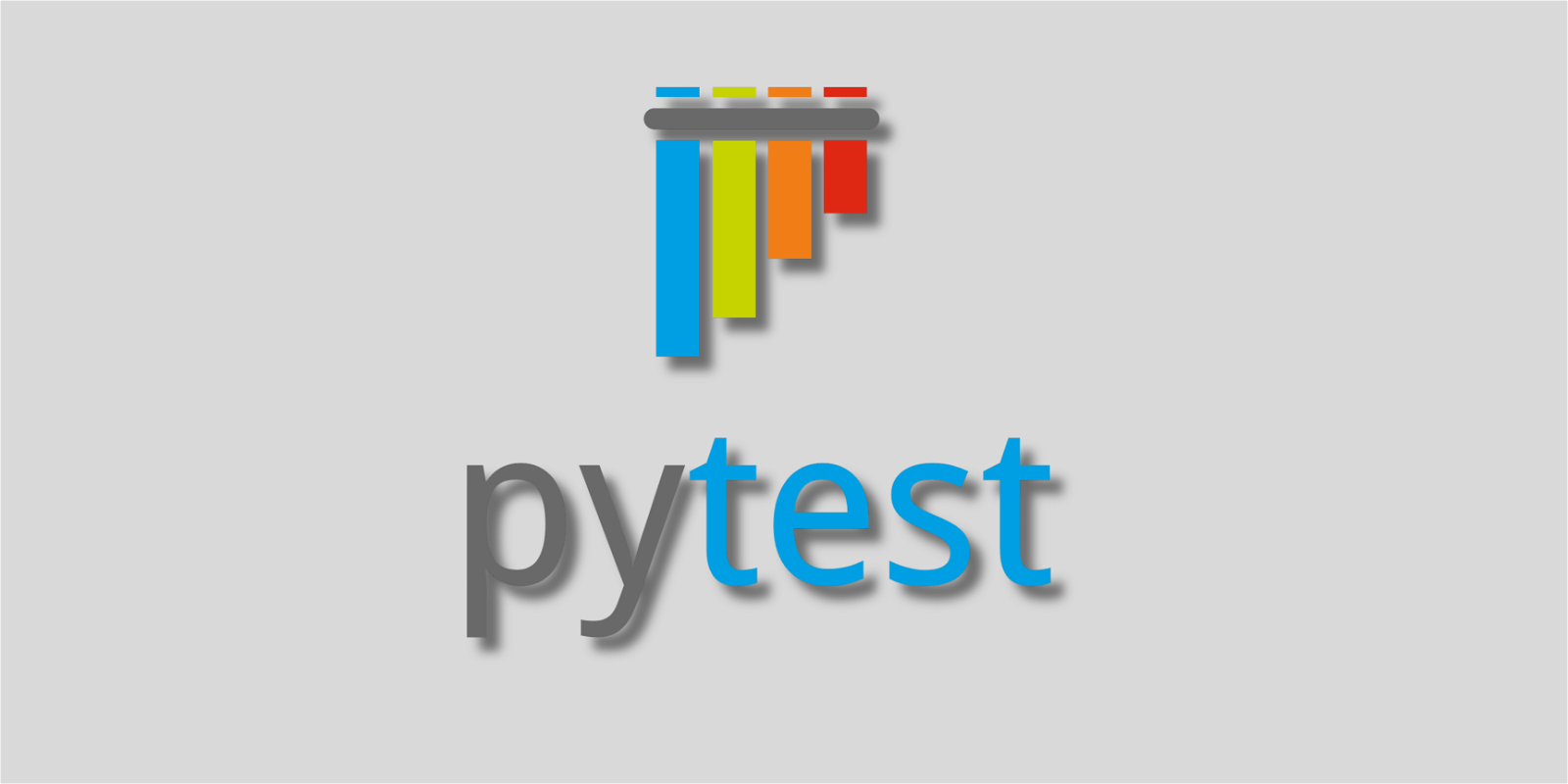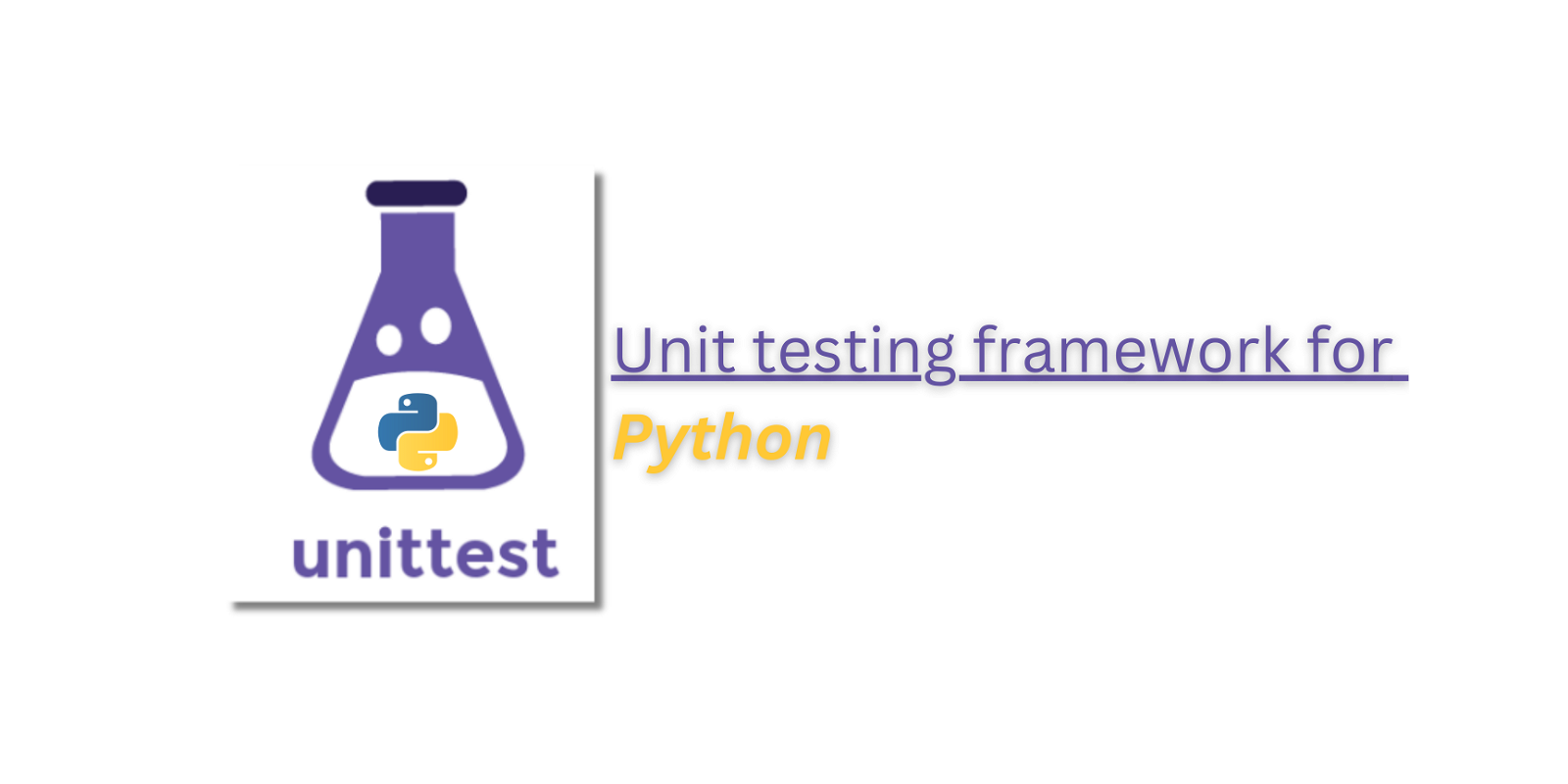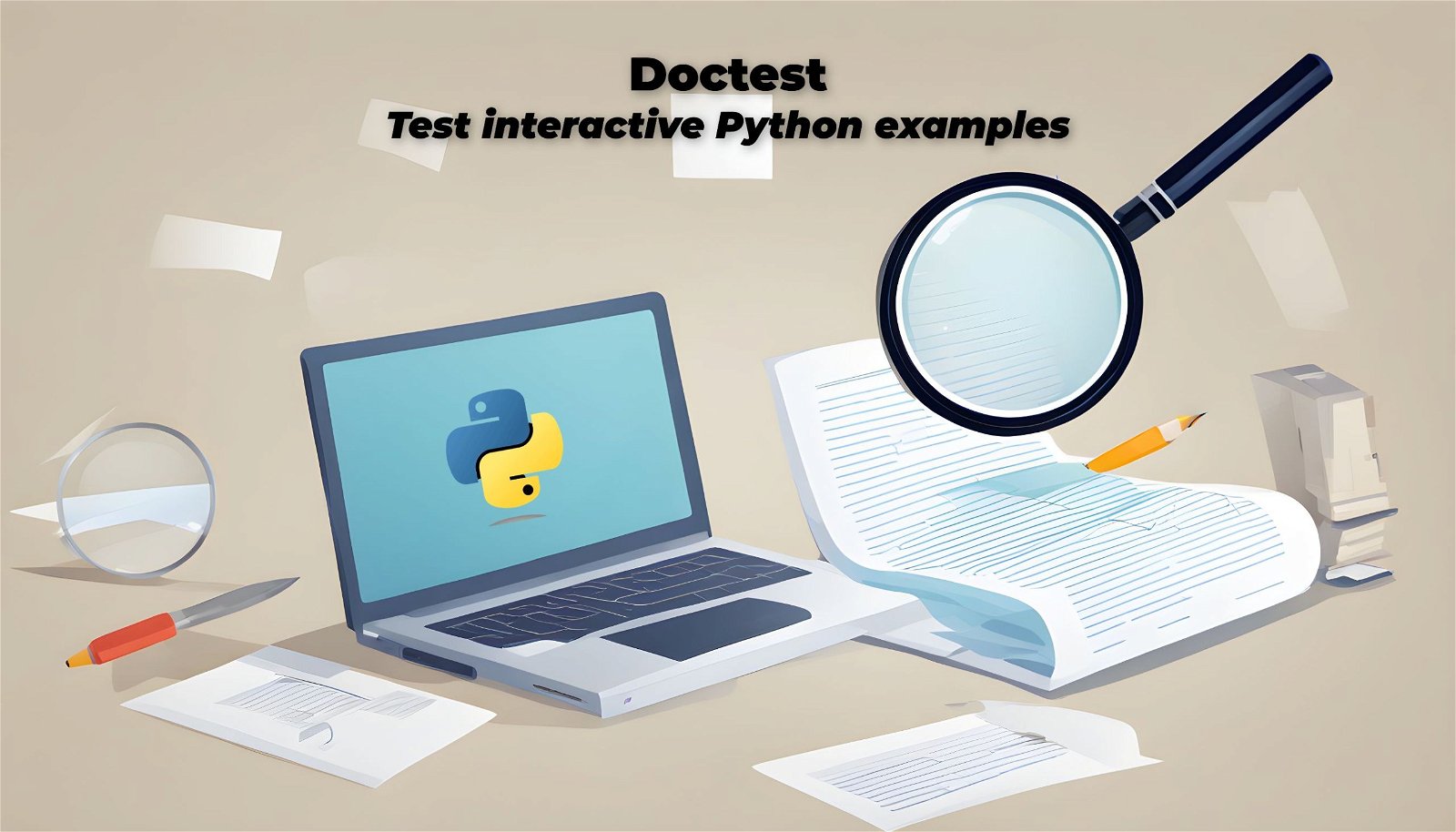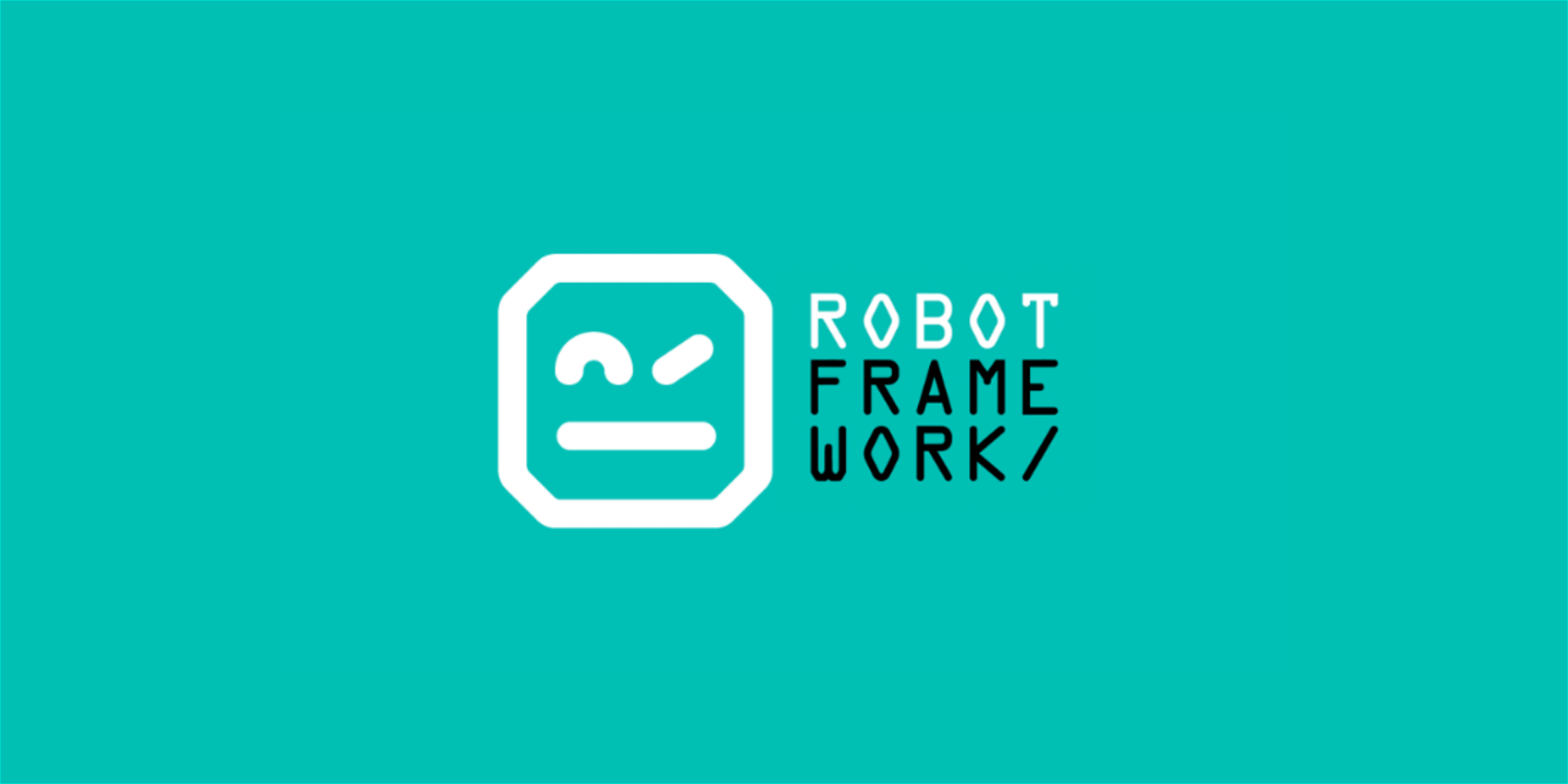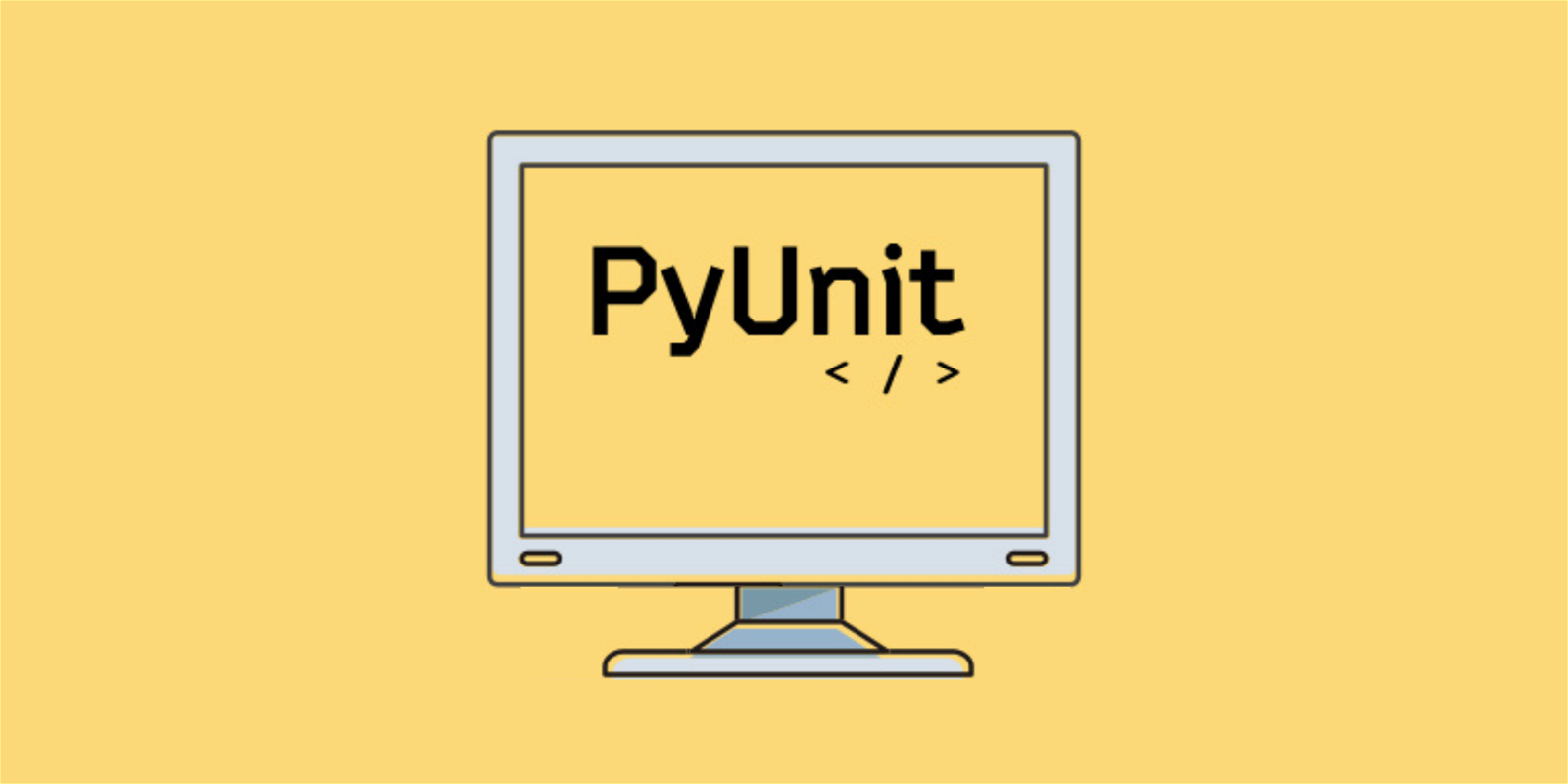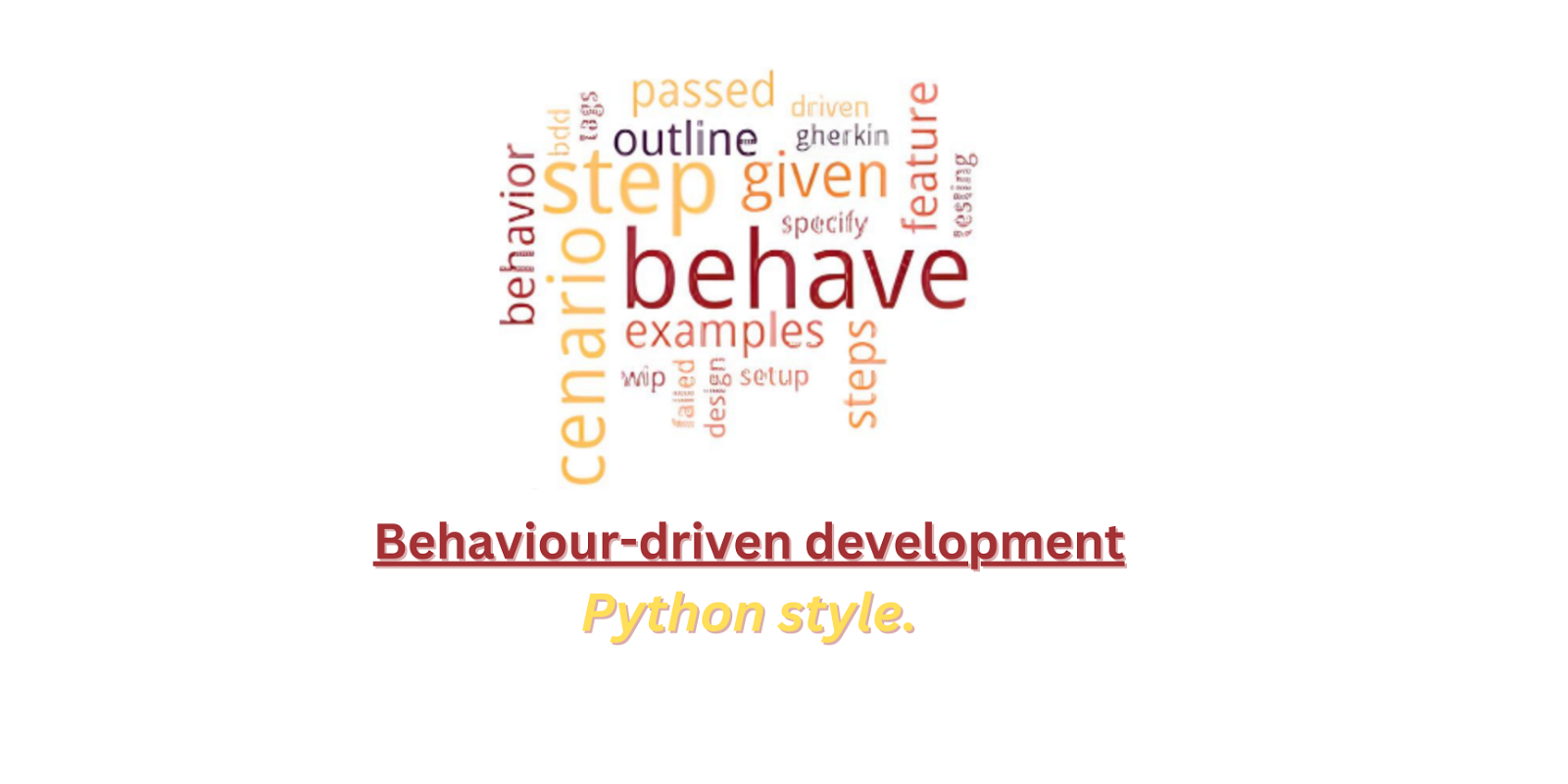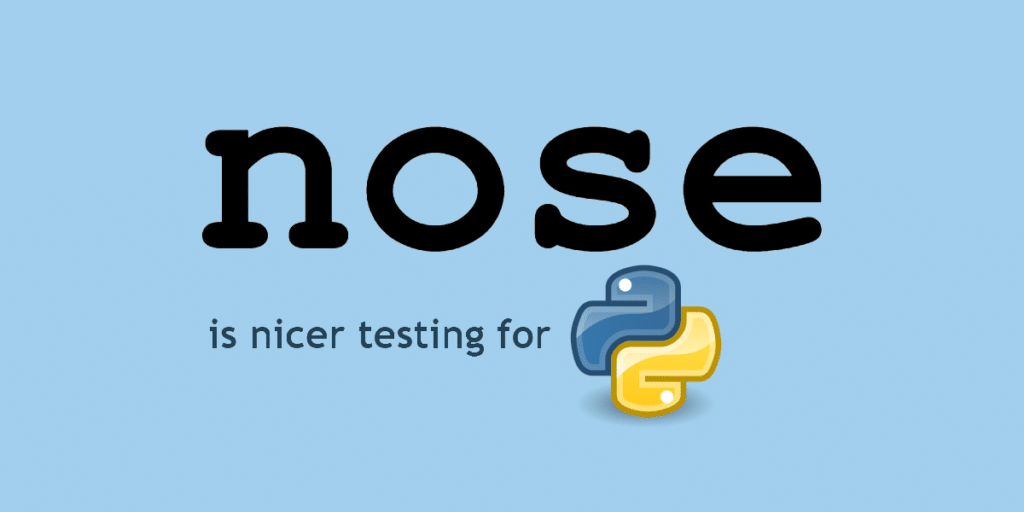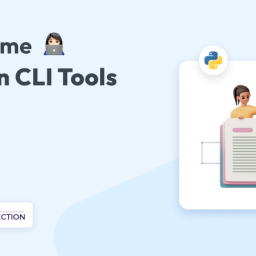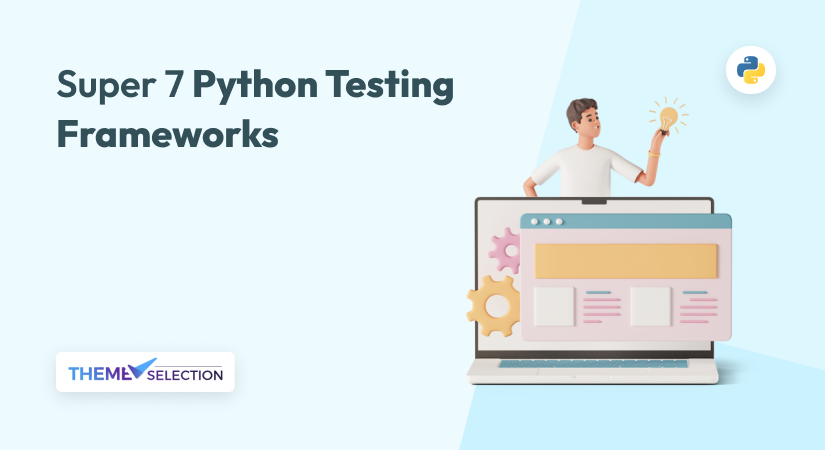
In the realm of Python development, efficient testing is the cornerstone of robust software. To help you navigate the vast landscape of testing tools, we’ve curated a collection of the finest Python testing frameworks. Besides, these versatile and powerful Python testing tools empower developers to ensure code quality, catch bugs early, and streamline the testing process.
Now, let’s delve into this compilation of essential testing frameworks that can elevate your Python projects to new heights.
Table of contents
What Is A Testing Framework?
A testing framework, in the context of software development, is a structured and systematic approach to conducting tests on software applications or components. Besides, it also provides a set of rules, guidelines, and tools that help developers and quality assurance professionals design, organize, and execute tests effectively.
Furthermore, these frameworks streamline the testing process by offering predefined structures for test cases, test data management, and reporting, making it easier to identify and address issues in the software.
Benefits of Using Python Testing Frameworks:
Testing frameworks play a pivotal role in ensuring the reliability, functionality, and performance of software. Besides, they enable teams to automate tests, which is crucial for large-scale projects, and facilitate the creation of repeatable and maintainable test suites.
By standardizing testing procedures, testing frameworks contribute to the overall quality of software products, helping developers catch and fix bugs early in the development cycle.
- Faster feedback
- Saves a lot of time
- Reduce business cost
- Offers multiple tests
- Better Insights
Now, let’s head towards the list.
The Best Python Testing Frameworks
Python offers a variety of testing frameworks that cater to the needs of developers engaged in test automation. Besides, these testing frameworks facilitate comprehensive code coverage, encompassing a range of test types, from textual evaluations to localization checks and interaction with external services.
Additionally, they can be executed in diverse scenarios, including code reviews, code updates, deployments, and more.
While working with a Python project, you can consider using the Django Admin Template as well. It will help you develop responsive web apps with ease. For instance, you can check the Sneat Bootstrap Django Admin Template.
Additionally, it is also based on Bootstrap 5 & Django 4. Besides, it also comes with 10 Pre-built Apps, 5 Dashboards & 15+ Front pages including a landing page. Furthermore, using this admin template you can build any kind of web app.
Features:
- Built with Django 4
- Using CSS Framework Bootstrap 5
- Docker for Faster Development
- Vertical and Horizontal layouts
- Default, Bordered & Semi-dark themes
- Light, Dark, and System mode support
- Internationalization/i18n & RTL Ready
- Python-Dotenv: Environment variables
- Theme Config: Customize our template without a sweat
- 5 Dashboard
- 10 Pre-Built Apps
- 15+ Front Pages
- 2 Chart libraries
- SASS Powered and many more.
Now, let’s begin.
PyTest
Pytest is a built-in robust and widely adopted Python testing framework. Besides, it simplifies the process of writing and executing tests. Known for its ease of use and flexibility, Pytest also allows developers to create concise and readable test cases without the need for boilerplate code.
Additionally, it also offers a rich set of features, including powerful assertion introspection and modular fixtures, which streamline test setup and teardown. Furthermore, its user-friendly syntax and detailed test reports make it a preferred choice for both beginners and experienced Python developers when it comes to writing efficient and maintainable tests.
Moreover, you can also check the GitHub Repo for further information.
Requirements:
- Python 3.8+ or PyPy3.
Features:
- Detailed info on failing to assert statements (no need to remember
self.assert*names) - Auto-discovery of test modules and functions
- Modular fixtures for managing small or parametrized long-lived test resources
- Can also run unittest (or trial), nose test suites out of the box
- Rich plugin architecture, with over 850+ external plugins and a thriving community
Core Advantages:
- Automatically discovers test modules and functions
- Also, provides effective CLI to control options to run or skip
- Additionally, it offers a sizeable third-party plugin ecosystem and different fixtures
- Works with a unit test framework.
- Pytest can also generate detailed reporting.
Limitation:
- Only compatible with Python
- Hard to use with other frameworks
- Need to rewrite all code to work with other framework
- Mocking Complexity
Tests You Can Perform With PyTest:
- Unit Testing
- Integration Testing
- Functional Testing
- Regression Testing
- API Testing
- Parameterized Testing
- Continuous Integration (CI) and Automation
- Custom Testing Needs
Check the official doc for further info.
Unittest
Unittest is another built-in Python testing framework that provides a solid foundation for writing and executing unit tests. It’s a popular choice among Python developers due to its simplicity and effectiveness. Besides, with Unittest, you can also create test cases, fixtures, and assertions to ensure your code functions as intended.
Additionally, its integration with the Python standard library makes it easily accessible, allowing developers to write and run tests without the need for external libraries. Furthermore, Unittest’s straightforward approach to unit testing is an invaluable resource for maintaining code quality and reliability in Python applications.
Requirements:
- Python 2.1 and above
- You put your tests into classes as methods
- The sequence of distinct assertion methods in the TestCase class apart from the built-in asserts statements.
Features:
- Test case creation
- Test fixtures
- Assertions for validation
- Test discovery support
- Test suites for grouping tests
- Extensible through custom test classes
- Integration with test runners
Advantages:
- Test cases are organized as classes, providing a more structured approach
Limitations:
- Requires manual test discovery by explicitly defining test cases
- Limited fixture support
- Fewer options for customizing the test execution process
Tests You Can Perform With Unittest:
- Unit tests
- Integration tests
- Functional tests
- Regression tests
- Mocking and patching tests
- Test suites and test discovery
DocTest
DocTest is also a fabulous built-in Python testing framework that offers a unique approach to testing through documentation strings, or docstrings. Besides, it also allows you to embed test cases directly within your code’s docstrings, promoting a unified and self-contained documentation and testing process.
Furthermore, with DocTest, you can also easily write and maintain tests that serve as examples in your documentation, ensuring that your code’s behavior remains consistent with its intended usage. Additionally, this simplicity makes it an attractive choice for testing small-scale projects or for quickly validating code examples within Python modules.
Requirements:
- Python 3.8+ or PyPy3.
Features:
- Write quick and effective test cases
- Run acceptance, regression, and integration test cases on your projects, packages, and modules
- Check if your docstrings are up-to-date and in sync with the target code
- Verifies if your projects’ documentation is up-to-date
- Write hands-on tutorials for your projects, packages, and modules
- Illustrate the usage of your projects’ APIs
Advantages:
- Embedded test cases in docstrings
- Automatic test discovery and execution
- Simple and concise test creation
- Seamless integration with documentation
- Minimal boilerplate code required
- Support for interactive examples in documentation
- Detailed test output and reporting
- Option to include tests in module-level docstrings
- Extensible through custom test runners and output formatters
Limitations:
- The biggest limitation of doctest is that it only compares printed output. This means that any output that could be variable will lead to test failures.
- lack of features equivalent to fixtures in pytest or the setup and teardown mechanisms in unittest
Tests You Can Perform With DocTest:
- Unit Testing
- Integration Testing
- Functional Testing
- Regression Testing
- Acceptance Testing
- Documentation Testing
Robot Framework
The Robot Framework is a versatile Python-based testing framework designed to support not only functional and acceptance testing but also robotic process automation (RPA). Besides, its simplicity and flexibility make it a popular choice among testers and developers.
Furthermore, with the Robot framework, you can create easy-to-read and easy-to-maintain test cases using a keyword-driven approach. Thus, this also enables effective collaboration between technical and non-technical team members, as tests are expressed in plain, natural language.
Requirements:
- Python 3.6 or greater
Features:
- Tabular format for test cases
- Data-driven test case
- Test Case Tagging
- Reports and Logs
Advantage:
- Extensive library ecosystem
- Support for both functional and RPA testing
- Active user community
- Multiple test data formats
Limitation:
- Limited Support for Non-UI Testing
- Steep Learning Curve
Tests You Can Perform With Robot Framework:
- Acceptance Testing
- Regression Testing
- Functional Testing
- Integration Testing
- Continuous Integration/Continuous Delivery (CI/CD)
- API Testing

PyUnit
PyUnit, also known as unittest in Python’s standard library, is a fundamental testing framework that provides a solid foundation for writing and running test cases in Python. Besides, it also follows the xUnit style of testing, inspired by JUnit for Java, and serves as a built-in testing tool for Python developers.
Furthermore, PyUnit emphasizes the creation of test classes and methods, making it suitable for organizing and automating tests across a wide range of Python projects. Additionally, PyUnit remains a reliable choice, especially for projects where using external libraries is limited or for those seeking a minimalistic testing solution.
Requirements:
- Python 1.5.2 or higher
Features:
- Test automation frameworks.
- Sharing shutdown and setup code used for testing.
- Aggregating tests into collections.
- The independence that tests sometimes require from the reporting framework.
Core Advantage:
- PyUnit helps detect bugs early in the development cycle, and write better programs. Besides, it is compatible with other Python testing frameworks, has fewer bugs, and is easy to modify.
Limitations:
- Verbosity
- Limited assertions
- Minimal built-in test generation
- No parallel test execution
- Hard learning curve
- Limited non-Python support
- Limited CI integration
- Boilerplate requires
Tests You Can Perform With PyUnit:
- Unit Testing
- Integration Testing
- Functional Testing
- Regression Testing
- Smoke Testing
- Acceptance Testing
- Load and Performance Testing
- Mocking
- Edge Case Testing
- Custom Testing
Behave
Behave is a powerful Python testing framework that simplifies behavior-driven development. Besides, it enables you to define test scenarios in a human-readable language, making it easier for both technical and non-technical team members to understand the testing process.
Furthermore, with Behave, you can efficiently automate testing and ensure that your Python applications meet the desired behavioral requirements. Additionally, it’s a valuable tool for enhancing the quality and reliability of your software.
In addition to its readability, Behave also offers extensive customization options, making it adaptable to various testing needs. Moreover, this framework also streamlines the testing process and empowers developers to create robust and error-free Python applications.
Requirements:
- Requires Python >= 3.7 (at least)
Features:
- Behavior-driven development (BDD)
- Human-readable test scenarios
- Step definitions
- Scenario outlines
- Tags for test organization
- Hooks for setup and teardown
- Data tables for parameterization
Core Advantage:
- Behave’s BDD system employs a semi-formal language and domain-specific vocabulary, ensuring consistent behavior. Thus, this facilitates the coordination of developer teams working on various test modules. Additionally, Behave also offers readily available building blocks for all test cases, along with valuable reasoning and thinking features.
Limitations:
- Works only with black box testing
- No support from PyCharm
Tests You Can Perform With Behave
- Functional testing
- Regression testing
- Integration testing
- Acceptance testing
- End-to-end testing
Nose 2
Nose2 is a robust Python testing framework that builds upon the foundation of its predecessor, Nose. Besides, it’s designed to simplify the testing process for Python developers, offering a powerful yet easy-to-use platform for running tests and generating reports. Additionally, Nose2 boasts features like test discovery, test fixtures, and plugin support, making it highly extensible and adaptable to various testing needs.
Furthermore, its documentation-centric approach encourages developers to provide informative test descriptions, enhancing test readability and maintainability. With its active development and compatibility with Python 2 and 3, Nose2 remains a valuable choice for those seeking an efficient testing framework for their Python projects.
Requirements:
- Python 3 or greater version
Features:
- Does not need a custom importer as it imports test modules with import()
- Supports test generators in test classes, test functions, and in unittest TestCase subclasses.
- All configurations have to be done via configuration files
Advantages:
- Nose2’s flexibility and integration with various plugins make it suitable for handling diverse testing scenarios in Python projects. It empowers developers to create and manage tests efficiently, ensuring the reliability and quality of their software.
Limitation:
- Limited community support and development
- Some compatibility issues with Python 3
- Complex configuration for certain setups
- Relatively steep learning curve for beginners
- Less popular compared to other testing framework
Tests You Can Perform With Nose 2
- Unit Testing
- Integration Testing
- Functional Testing
- Regression Testing
- Acceptance Testing
- Smoke Testing
- Load Testing
- Performance Testing
- Mocking and Stubbing
- Custom Test Scenario
Conclusion:
In conclusion, the world of Python testing frameworks offers a rich landscape of options, each tailored to different needs and preferences. Whether you choose the simplicity of Pytest, the behavior-driven development approach of Behave, the extensibility of Nose2, or any other framework, the goal remains the same: to ensure the quality, reliability, and functionality of your Python software.
Besides, each framework brings its unique strengths and limitations to the table, allowing developers to select the best tool for their specific project requirements.
Ultimately, the choice of a testing framework should align with your project’s goals and the testing philosophy of your development team. Whichever framework you decide to employ, the commitment to thorough testing is a fundamental step towards building robust and dependable Python applications.
Hope you all find this collection helpful.

